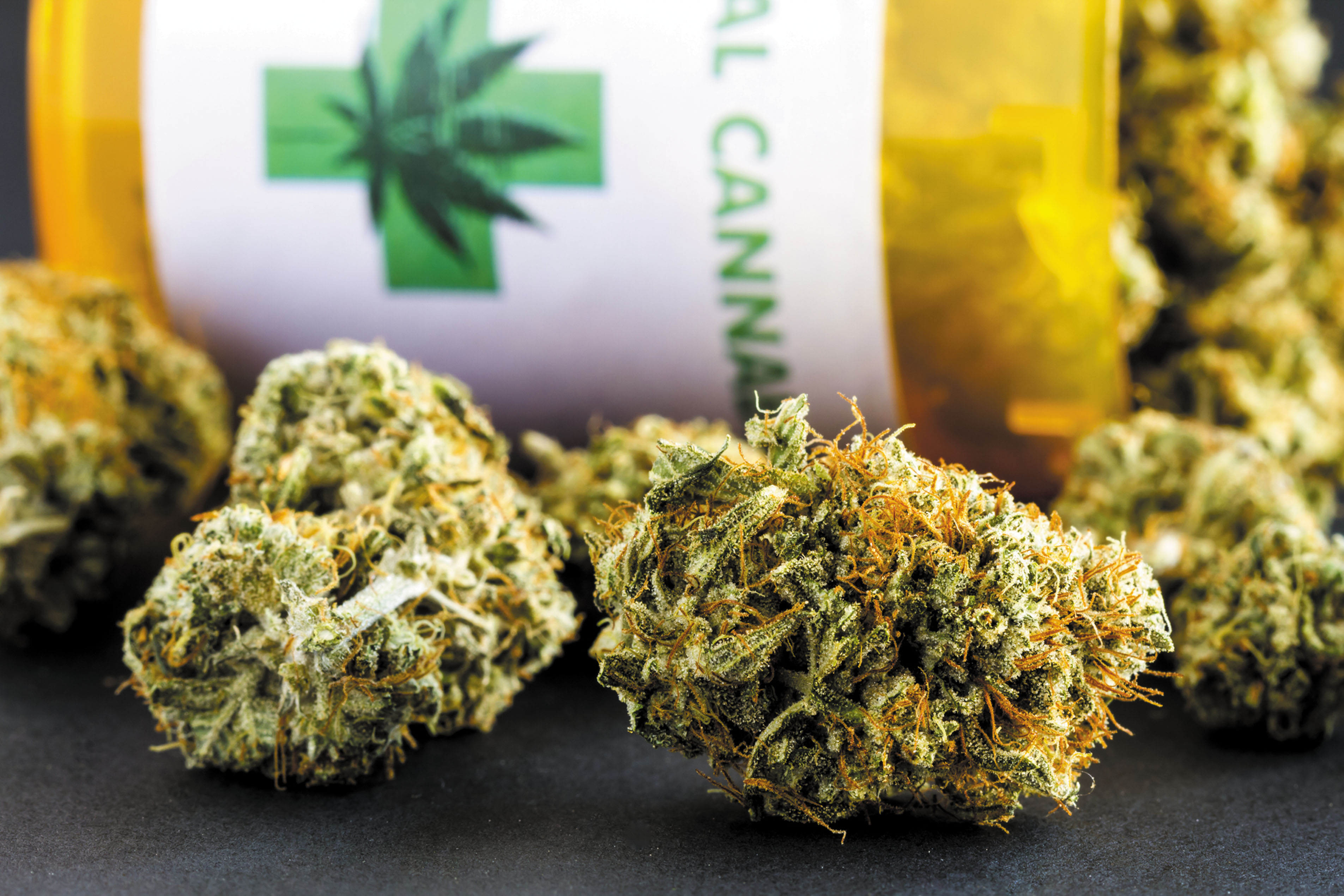Who Is Eligible to Receive a Kentucky Medical Marijuana Card Right Now
Who Is Eligible to Receive a Kentucky Medical Marijuana Card Right Now
Blog Article
Recognizing the Legal Landscape Surrounding Medical Marijuana Worldwide
You're likely aware that attitudes towards medical cannabis are moving internationally, yet the legal frameworks can be complex. Some countries have welcomed it, while others continue to be strictly opposed. Understanding these differences is crucial, particularly as person demands and public assumptions advance. What drives these differences, and exactly how do they effect accessibility for patients looking for alleviation? The answers may surprise you.
Historical Context of Medical Cannabis Regulations
As you explore the historic context of medical cannabis legislation, you'll uncover that its origins extend back thousands of years. Ancient cultures, from the Chinese to the Greeks, recognized marijuana for its medicinal residential properties. In 2737 BC, Chinese Emperor Shen Nong documented its use for various conditions. By the first century advertisement, Dioscorides, a Greek doctor, consisted of marijuana in his pharmacopoeia, highlighting its performance in treating pain and inflammation.
Fast forward to the 19th century, when Western medicine started to welcome marijuana more extensively. Doctors prescribed it for everything from migraine headaches to labor discomforts. The very early 20th century saw a shift, as societal assumptions changed, leading to stricter guidelines and stigmatization.
Understanding this rich background aids you appreciate the complexities of modern clinical marijuana legislations. It's a trip via time that reveals the advancing relationship in between culture and this powerful plant.
Existing Lawful Condition by Region

North America Overview
Steering through the landscape of clinical marijuana regulations in North America discloses a jumble of policies that vary substantially by region. In the United States, some states have totally accepted medical marijuana, enabling clients access via dispensaries, while others preserve stringent prohibitions. Navigating with these diverse legislations can be challenging, as each territory has its own requirements for acquiring medical marijuana, including certifying conditions and application procedures.
Europe's Diverse Laws
Steering with the lawful landscape of clinical cannabis in Europe can be intricate, given the significant variations in laws across different nations. In some countries, like Germany and Italy, medical marijuana is lawful and easily accessible with a prescription. As you explore these diverse guidelines, it is important to remain informed, as regulations can change swiftly and differ significantly from one country to one more.
Asia-Pacific Legal Trends
The Asia-Pacific region showcases a quickly progressing landscape for medical cannabis legislations, showing a mix of traditional and dynamic strategies. Nations like Australia and New Zealand have actually welcomed legalisation, using regulated accessibility to medical cannabis. In Australia, clients can acquire prescriptions, while New Zealand just recently passed a mandate to permit clinical use.
On the other hand, countries like Japan and South Korea maintain more stringent policies, permitting just minimal access to cannabis-derived items. Despite these constraints, popular opinion is changing, with boosting require reform.
As you browse this facility landscape, remain educated about local legislations, as they can differ significantly from one country to an additional, influencing patient accessibility and market development in the area.
Key Nations Leading the Method in Medical Cannabis
As you discover the landscape of clinical cannabis, you'll find a number of countries establishing excellent legalization landmarks. These nations not just establish governing frameworks that assure safe accessibility however also blaze a trail in medical research developments. Understanding their strategies will provide you valuable insights right into the future of cannabis use in medical care.
Legalization Turning Points Attained
While numerous nations face the complexities of marijuana regulation, a number of have actually made significant strides in legalizing clinical cannabis, establishing important criteria. copyright ended up being a pioneer in 2001, enabling people access to medical marijuana, paving the method for other nations. In 2018, Australia adhered to suit, establishing a structure for prescription cannabis, which has actually considering that broadened. Germany joined the activity in 2017, making it possible for medical professionals to prescribe medical cannabis to individuals in demand. At the same time, in the USA, various states have legalized clinical marijuana, developing a patchwork of laws that influence public understanding and policy. These milestones illustrate a growing acceptance of clinical cannabis, urging even more countries to reconsider their positions and accept potential health advantages.
Regulative Structures Discussed
Understanding the regulative structures controling medical cannabis is crucial for comprehending just how various countries approach its usage. The United States offers a patchwork of laws, with states like California and Colorado leading in modern plans, yet government regulations still create difficulties. By acquainting on your own with these frameworks, you can much better recognize the global landscape of medical marijuana.
Medical Research Advancements
Countries around the globe are making significant strides in clinical cannabis study, leading to a much better understanding of its therapeutic potential. In the United States, organizations like the National Institutes of Health And Wellness (NIH) are moneying research studies on cannabis's impacts on chronic pain and epilepsy. As these countries push forward, you'll witness an evolution visit this website in medical practices and a clearer picture of just how marijuana can boost person end results around the world.
Challenges and Obstacles to Gain access to
Accessing medical cannabis can be stuffed with difficulties that come from differing state legislations and laws. You may locate that in some states, the procedure to acquire a clinical cannabis card is challenging and prolonged, calling for considerable read documentation or consultations with accepted health care suppliers. Additionally, also if you qualify, the variety of dispensaries can be limited, making it tough to find a close-by source.
Insurance coverage for medical cannabis is often lacking, compeling you to pay out-of-pocket. Steering through this complex landscape can really feel overwhelming, however comprehending these challenges is vital for any person thinking about medical marijuana as a restorative option.
Influence of Clinical Marijuana on Health Outcomes
While lots of people stay skeptical concerning marijuana, research study increasingly shows its potential benefits for numerous health and wellness conditions. You could be stunned to find out that medical marijuana can assist minimize persistent pain, minimize inflammation, and handle signs of anxiety and depression (Kentucky Medical Cannabis Doctor). For individuals battling conditions like epilepsy or numerous sclerosis, cannabis has actually demonstrated considerable healing effects, supplying relief when traditional therapies fail
In addition, research studies show that some components of marijuana, such as CBD, can enhance general lifestyle for clients undertaking treatments like chemotherapy. It's crucial to take into consideration that private responses to cannabis can differ commonly, so what works for someone might not help another. As you explore the possible effect of clinical cannabis on wellness end results, keep an open mind and consult with medical care specialists to customize a therapy strategy that suits your one-of-a-kind needs and circumstances.
The Function of Medical Care Providers in Individual Access
As you navigate the complexities of medical cannabis laws, it is important to recognize the critical function medical care suppliers play in patient access. These experts work as essential guides, assisting individuals recognize their choices and browse lawful needs. They can assess whether medical marijuana is ideal for your condition and offer paperwork required for lawful access.
Furthermore, doctor frequently enlighten individuals about the potential advantages and risks of cannabis usage, ensuring notified decisions. They can recommend suitable strains, does, and methods of consumption customized to private needs. Their assistance is very important, particularly in regions where regulations differ significantly.

Future Patterns and Predictions for Medical Marijuana Regulations
Doctor will proceed to form the landscape of clinical marijuana laws as they advocate for client demands and involve with policymakers. You can anticipate a growing fad in the direction of more inclusive regulation that recognizes the healing advantages of marijuana. As study expands, more countries will likely embrace guidelines that help with access for people experiencing various problems.
Popular opinion is shifting, also, with enhancing approval leading the way for reform - Kentucky Medical Cannabis Doctor. You might see a surge in medical cannabis programs customized to certain demographics, such as professionals and seniors
Furthermore, as healthcare systems incorporate marijuana into therapy procedures, insurance providers might start covering cannabis-related expenditures, additionally legitimizing its use.
Finally, global collaborations could arise, resulting in standard policies and top quality control steps. On the whole, the future of medical cannabis regulations appears vibrant and promising, driven by evidence, campaigning for, and patient-centered treatment.
Regularly Asked Concerns
Just How Do International Treaties Affect Medical Cannabis Regulations?
International treaties can shape your nation's clinical cannabis regulations by setting constraints or guidelines. When countries comply with these arrangements, it typically affects regional pop over to this site regulations, making it vital for you to stay informed on changes.
What Are the Legal Age Requirements for Medical Cannabis Use?
The legal age for clinical cannabis use differs by territory. In numerous locations, you should be at the very least 18, but some enable minors with adult permission. Constantly check neighborhood laws prior to waging clinical marijuana.
Can Employers Fire Personnel for Medical Marijuana Usage?
Yes, companies can fire you for medical cannabis usage, relying on state laws and company policies. If your job needs drug testing or if cannabis impacts your efficiency, they could act. Always check your workplace guidelines.
Exist Limitations on Clinical Marijuana Advertising?
Yes, there are limitations on clinical cannabis marketing. You'll discover guidelines differ by territory, usually restricting misleading claims and calling for details health and wellness cautions. It's critical to inspect regional legislations to guarantee conformity before advertising.
Just How Do Medical Marijuana Regulation Differ for Veterans?
Clinical marijuana legislations for experts typically include unique arrangements, allowing much easier access or advantages. Some states prioritize veteran needs, while others might limit usage. It's essential to examine your local laws for specifics.
While lots of nations grapple with the intricacies of marijuana regulation, several have made substantial strides in legislating medical marijuana, establishing crucial precedents. In the United States, different states have legislated medical cannabis, producing a jumble of laws that influence public perception and policy.Accessing clinical marijuana can be fraught with obstacles that stem from varying state regulations and regulations.As you navigate the complexities of medical marijuana regulations, it is necessary to acknowledge the crucial function healthcare service providers play in patient accessibility.Medical care service providers will proceed to form the landscape of clinical marijuana laws as they advocate for individual requirements and involve with policymakers.
Report this page